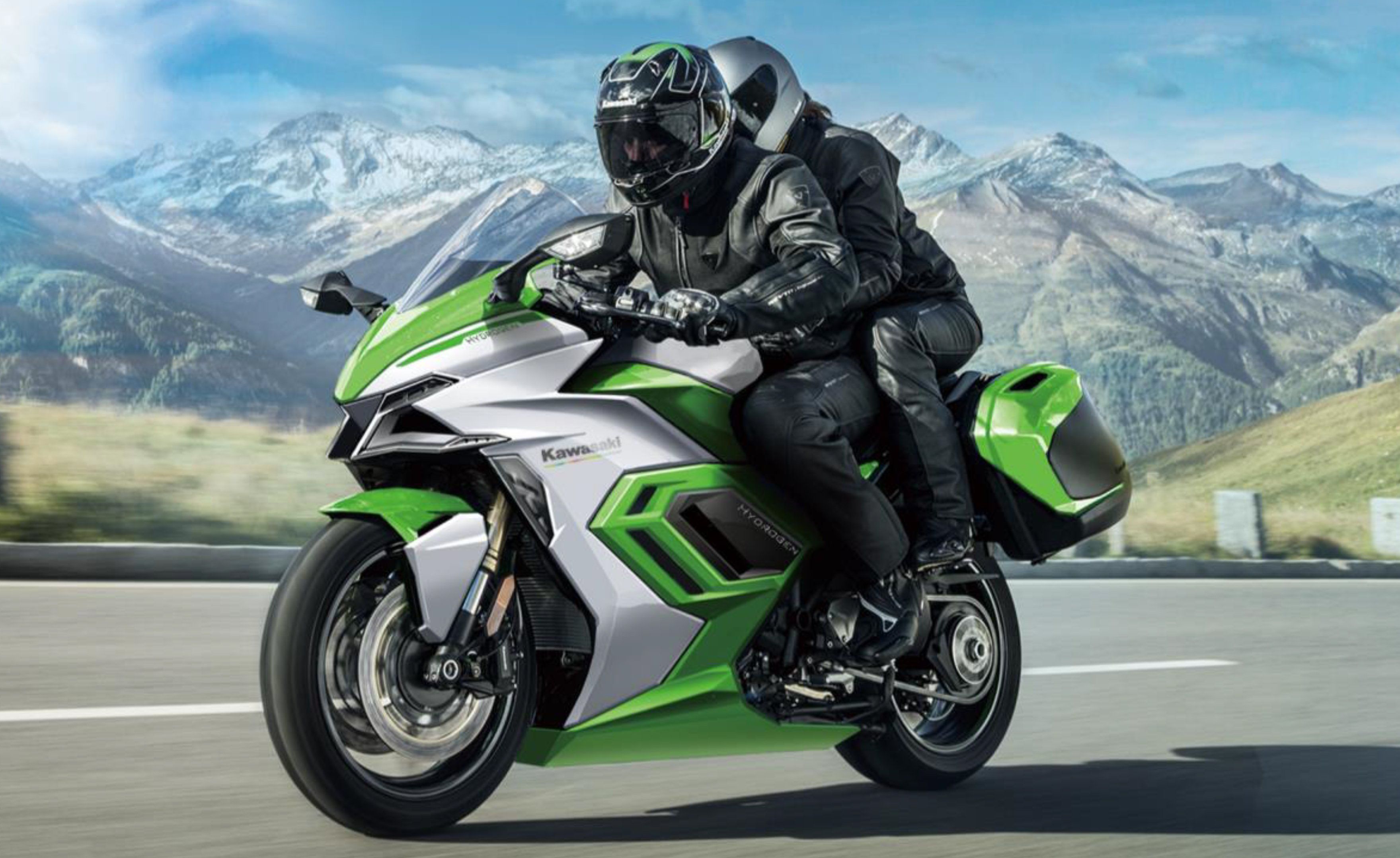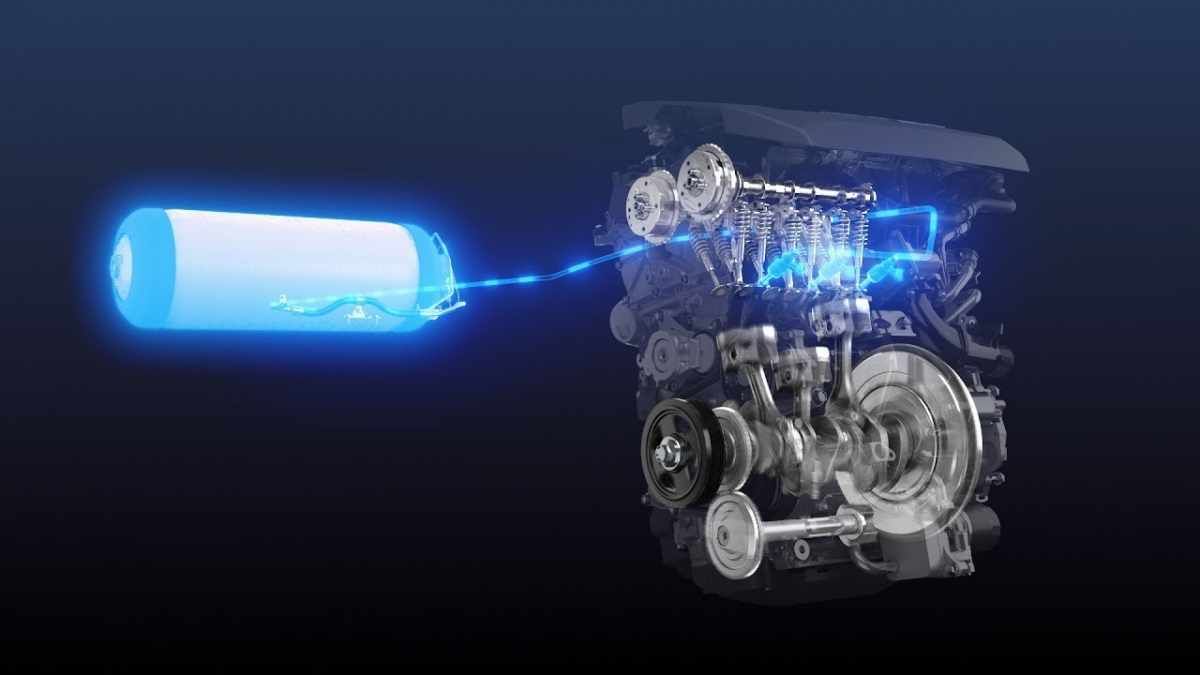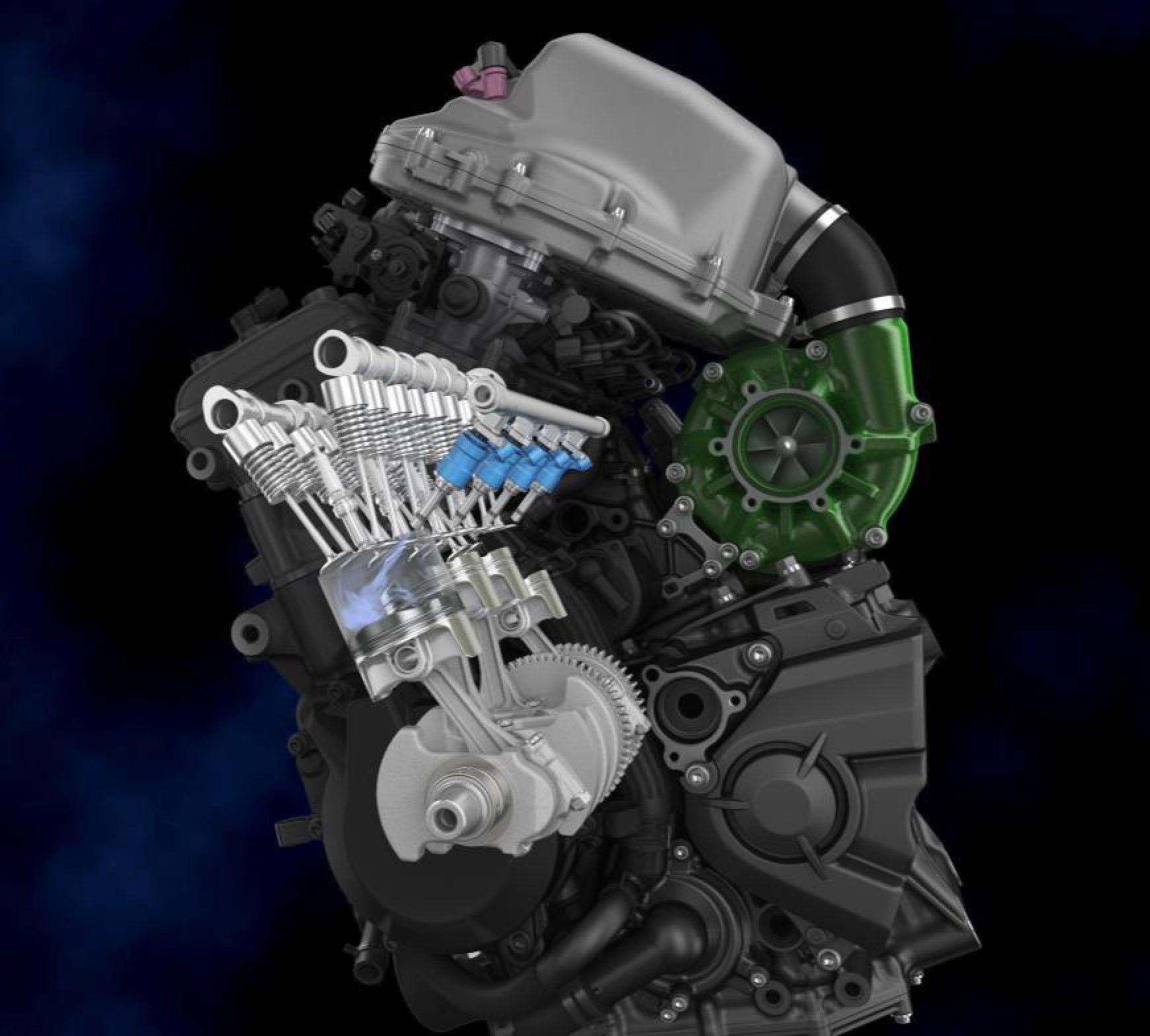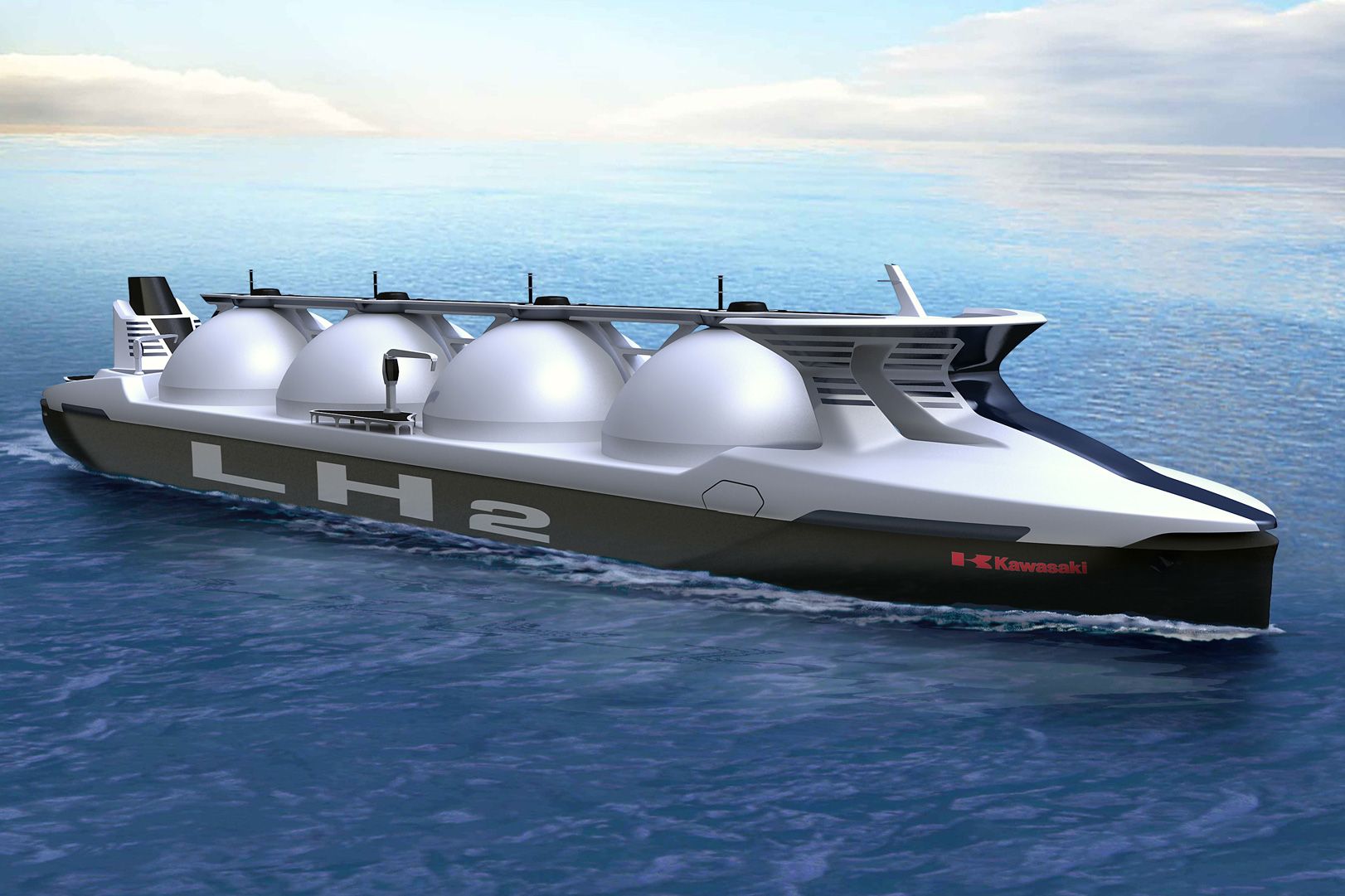Whereas in the past, manufacturers worked in secrecy, nowadays they are joining forces to develop new technology that will benefit them all.
Kawasaki and Yamaha Join Forces to develop hydrogen-fuelled engines
Historically, manufacturers have worked in closely guarded secret when developing new technology or models, hoping to steal a march on rivals in order to gain an advantage either in the showroom or on track.
All that is changing, however. Recently, KTM, Yamaha, Piaggio and Honda announced they were collaborating on development of swappable battery technology for electric bikes. Now comes the news that Kawasaki and Yamaha are working together to develop hydrogen-fuelled internal combustion engines.
The development group also includes Mazda, Subaru and Toyota, with the latter teaming up with Yamaha and Japanese ignition company Denso. Yamaha will concentrate on engine internals, prototypes and combustion and improvement studies. Denso will concentrate on developing direct injection injectors and spark plugs.
Kawasaki has been interested in hydrogen fuels since 2010 and recently announced that all its models would be electric or hydrogen powered by 2035. It brings to the party development of liquid hydrogen fuel, with a view to having hydrogen-powered cars, bikes, ships and aeroplanes. Of course, Kawasaki Heavy Industries is involved in the production of all those types of transport.
If that isn't enough, Suzuki and Honda will join the project later, creating an unprecedented working group comprising all four major Japanese motorcycle manufacturers.
Of course, this makes sense: a hydrogen-fuelled internal combustion engine remains close to the petrol-fuelled engines that are currently being produced and such machines are likely to be adopted more favourably by customers than full electric bikes. The problem that everyone has with the internal combustion engine is not that it burns fuel, but that that fuel is highly polluting. Hydrogen is carbon neutral so all that comes out of the tail pipe is water vapour.
There are, naturally, huge problems to overcome: manufacture of the hydrogen, transport, storage - both at the depot and on the motorcycles themselves - a supply chain and hydrogen filling stations. We've seen how slow the build-up of electric charging points has been, even though it is accelerating exponentially, but this has been happening over a number of years. If hydrogen as a fuel is to be taken seriously, these problems need to be addressed at the same speed as the development of the fuel and engines that can run on it.
That the challenges will be overcome is not in doubt and this is good news. Anything that lets us carry on riding motorcycles that remain familiar will keep people riding rather than abandoning two-wheel transport and that can only be a good thing for everyone involved.




